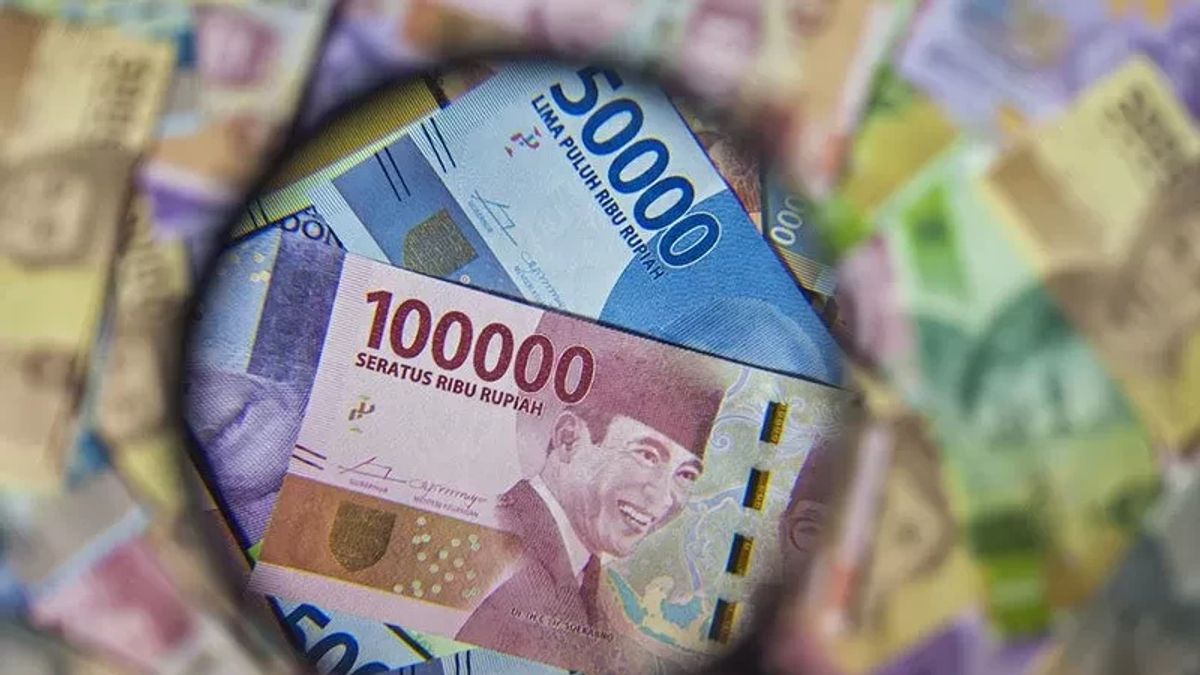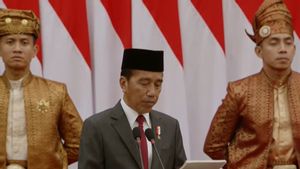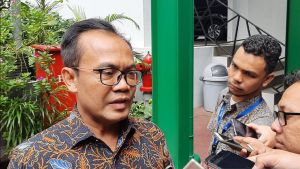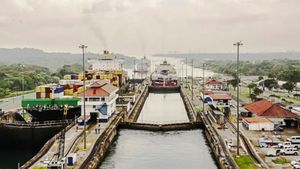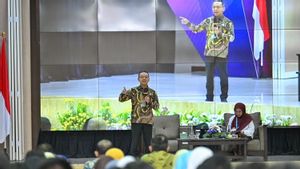JAKARTA - Executive Director of the Center for Strategic and International Studies (CSIS) Yose Rizal Damuri views the assumption of economic growth in 2025 as much as 5.2 percent too optimistic.
The assumption of Indonesia's economic growth of 5.2 percent in 2025 faces major challenges, given the unstable global economic conditions.
In fact, some major countries in the world are showing signs of a potential recession, which could affect global and domestic economic prospects.
"In the country itself, there are weakenings that we have seen, such as (decreasing) purchasing power, investments that are also not increasing too rapidly or maybe economic activity that has not been able to absorb or provide jobs," he said, quoting Antara.
He explained that changes in economic policies from the new government could be a key factor in determining whether these projections could be achieved or not.
Entering mid-2024, global economic conditions are still shrouded in various challenges that trigger the economic slowdown of a number of countries.
Several international institutions, such as the World Bank and the International Monetary Fund (IMF) estimate global economic growth at the end of 2024 to be in the range of 2.6 percent 3.2 percent yearly (yoy), and 2.7 percent 3.3 percent (yoy) in 2025.
However, the Indonesian economy still shows resilience with a record economic growth in the second quarter of 2024 of 5.05 percent (yoy).
This growth rate is also supported by inflation at 2.13 percent in July 2024. In addition, the economic growth rate is also higher than a number of other countries, such as China (4.7 percent), Singapore (2.9 percent), South Korea (2.3 percent), and Mexico (2.24 percent).
The government estimates that economic growth is 5.2 percent and inflation is maintained in the range of 2.5 percent in the 2025 State Revenue and Expenditure Budget Draft (RAPBN).
SEE ALSO:
President Joko Widodo, when delivering his speech to the 2025 RAPBN at the DPR RI Plenary Session in Jakarta, Friday, said that with the global economic conditions that are still relatively stagnant, Indonesia's economic growth will rely more on domestic demand. People's purchasing power will be closely maintained, with inflation control, job creation, and support for social assistance and subsidies programs.
The President added that the government will continue to strive for an increase in export-oriented high-valued products, which are supported by competitive fiscal incentives while maintaining fiscal sustainability.
The mix between fiscal, monetary and financial sectors will be maintained to accelerate economic growth and maintain financial system stability.
The English, Chinese, Japanese, Arabic, and French versions are automatically generated by the AI. So there may still be inaccuracies in translating, please always see Indonesian as our main language. (system supported by DigitalSiber.id)
